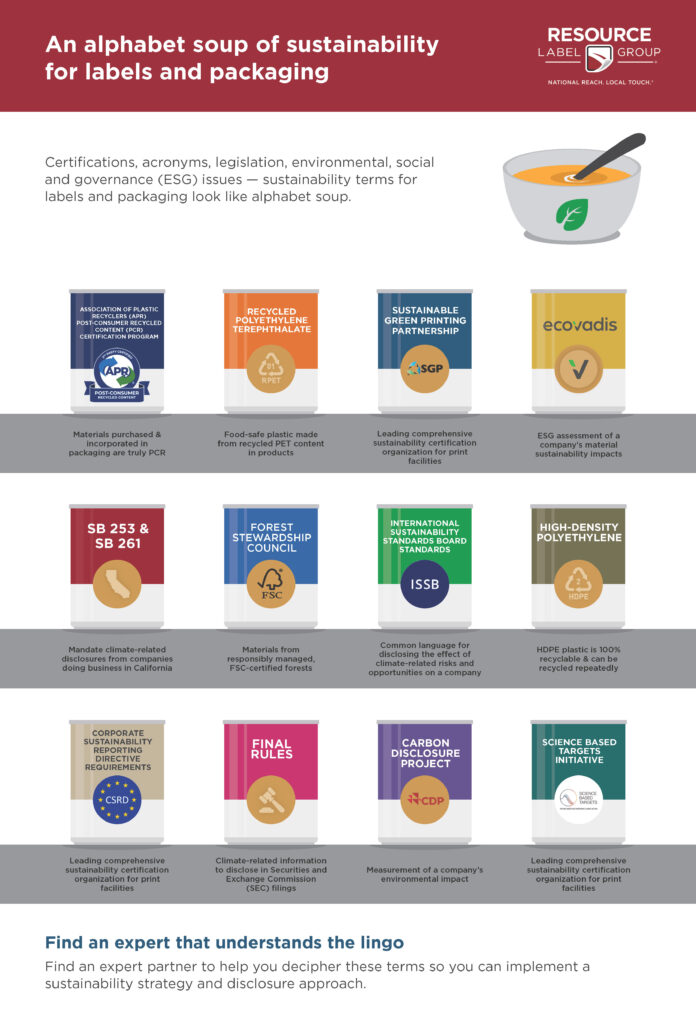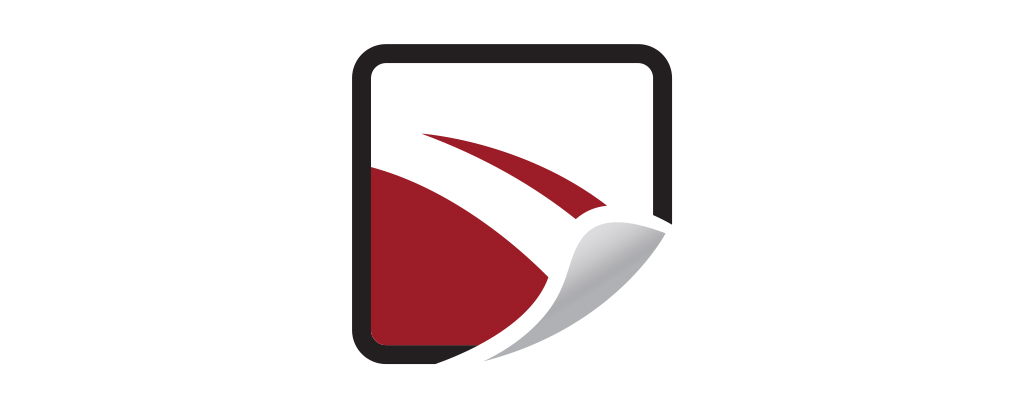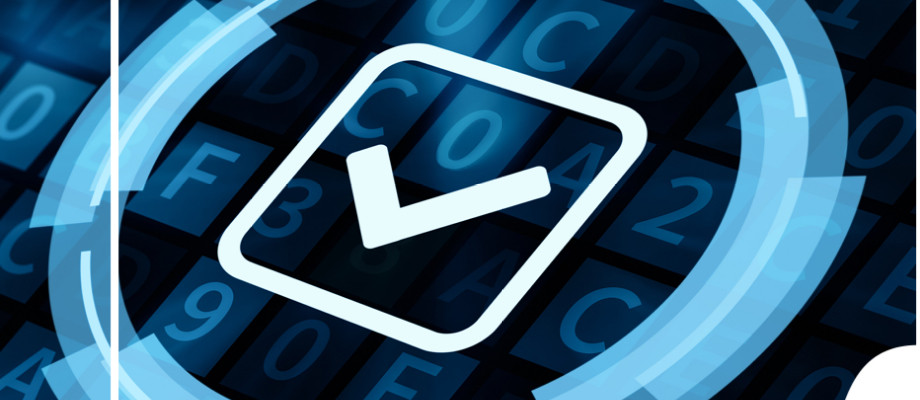Infographic: An alphabet soup of packaging sustainability terms

Using sustainable labels and packaging solutions is a powerful way to communicate your corporate social responsibility. But there are different ways to describe a sustainable solution. From certifications to acronyms that describe your material choices, this packaging “shop talk” can look like an alphabet soup.
You need a sustainability partner to help you decipher this alphabet soup of sustainability and guide you in choosing the packaging practices, materials and solutions that meet your needs. Here’s a rundown of sustainability terms and certifications you can look for when searching for a packaging and label partner.
Understanding the lingo
Many label and packaging manufacturers demonstrate a commitment to sustainability through the way they discuss their responsible environmental, social and governance (ESG) materials and processes. Look for the following certifications, terminology and claims in a supplier’s description of sustainable packaging offerings:
- Forest Stewardship Council (FSC). This nonprofit organization creates and upholds responsible forest management principles. A certification on a packaging vendor’s website means materials used come from responsibly managed, FSC-certified forests, are 100% recycled materials, or are made with a mixture of materials from FSC-certified forests, recycled materials and FSC-controlled wood.
- Sustainable Green Printing Partnership (SGP). Helps packaging printing facilities identify operational improvements to reduce waste, water use, energy consumption, carbon footprint, employee injuries and more.
- Association of Plastic Recyclers (APR) Post-Consumer Recycled Content (PCR) Certification Program. Guarantees that materials purchased and incorporated into the packaging are truly PCR.
- Carbon Neutral. Packaging suppliers striving to be carbon neutral demonstrates dedication to reducing carbon emissions compared to previous footprint calculations, a reduction plan for how further reductions in carbon footprint will be achieved and that carbon offsets are equivalent to emissions that could not be reduced.
- High-density polyethylene (HDPE). Using HDPE packaging shows that manufacturers use materials ideal for recycling.
- Recycled Polyethylene Terephthalate (rPET). A food-safe plastic made from recycled PET content in packaging products.
- EcoVadis. An ESG assessment by EcoVadis shows a packaging supplier’s material sustainability impact through a rating based on a thorough documentation analysis.
- Carbon Disclosure Project (CDP). Provides a measurement of a packaging supplier’s environmental impact.
- Science Based Targets initiative (SBTi). This partnership between the CDP, the United Nations Global Compact, the World Resources Institute (WRI) and the Worldwide Fund for Nature (WWF) defines and promotes best practices in science-based target settings. Packaging suppliers can sign a commitment letter to the SBTi to work toward setting and meeting climate goals.
When you’re committed to delivering more sustainable products, you’ll want to find a packaging partner whose established knowledge and certifications align with your environmental initiatives.
Defining your company’s disclosure ambition
Recent legislative changes are transforming climate-related and sustainability disclosure standards. Here are the rules and regulations you will need to understand and include in registration statements and annual reports:1
- California Climate Accountability Package. Two state bills, the Climate Corporate Data Accountability Act (SB 253) and the Greenhouse Gases: Climate-Related Financial Risk Act (SB 261), mandate climate-related disclosures from companies doing business in California.
- “Final Rules”. The Securities and Exchange Commission (SEC) finalized its long-awaited climate-related disclosure rules on March 26, 2024. The Final Rules set forth what climate-related information U.S. listed companies and foreign private issuers (FPIs) will be required to disclose in SEC filings.
- Corporate Sustainability Reporting Directive (CSRD) requirements. The European Union (EU) requires U.S. companies with European subsidiaries to provide comprehensive and granular disclosures covering a wide range of sustainability topics.
- International Sustainability Standards Board (ISSB) standards. The ISSB issued inaugural standards IFRS S1 and IFRS S2 in 2023, creating a common language for disclosing the effect of climate-related risks and opportunities on a company’s prospects.
While the SEC and California regulations primarily affect companies with specific revenue benchmarks, the ripple effects will be felt across global value chains.
These regulatory changes present an opportunity for companies of all sizes and locations to decide their sustainability strategy and disclosure approach. Whether meeting the minimum compliance requirements or embracing a more forward-thinking, comprehensive strategy, now is the time to clarify your reporting.
That reporting includes responsibility for packaging vendors. Your own disclosures must take packaging suppliers’ efforts toward sustainability into account.
“With over hundreds of packaging-related bills in North America, it’s imperative that your suppliers keep you informed of your state’s activities,” says Kate Bailey, Chief Policy Officer of the Association of Plastic Recyclers (APR).
A label and packaging partner can guide your sustainability journey
“When I work with a customer, I start by seeing where a company is on its sustainability journey,” says Tim Bohlke, Director of Sustainability for Resource Label Group.
“I’ll go through the organization and look at their products or any new SKUs they might want to launch. I ask about what they’ve already been using. More importantly, I’ll ask if they understand what they’ll be buying from us. The solution we offer them is not just about one piece or one label. Our expertise ensures the system solution meets certain standards and achieves certain certifications.”
There’s also the legal side of label and packaging sustainability. There’s a higher level of legislation and testing and disclosure requirements in some states compared to others. You need to be able to rely on a label solution provider to understand the legalities, sustainability trends, developments and activities in your region.
Sustainability is an ongoing process. You can grow your business by using a label and packaging provider that is authentic in their commitment to eco-friendly solutions and products.
Download the infographic
View our insightful infographic on sustainability terms for labels and packaging. You can also download a copy for easy accessibility.

Tags:


